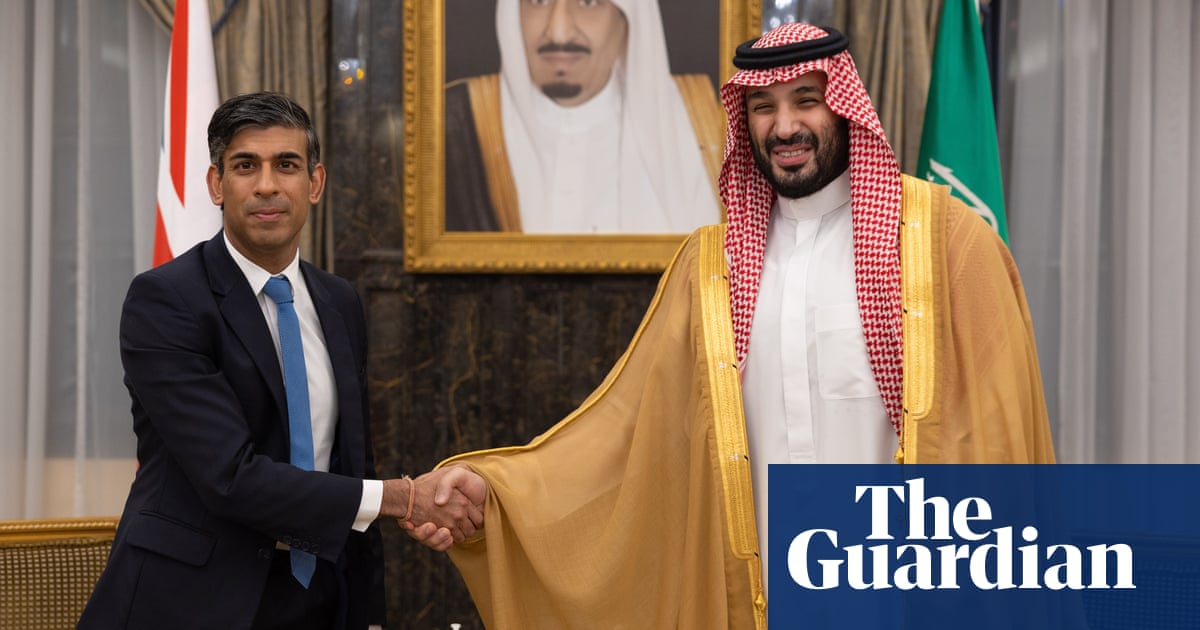
The date of the fifth session has been set after 20 days
BEIRUT: The Lebanese delegation to the negotiations with the Israeli side adhered to its demand for a marine area of 2,290 sq. km, in the fourth round of border demarcation negotiations that were held on Wednesday at the UNIFIL headquarters in Ras Al-Naqoura, which was described as a sensitive round of negotiations.
“The representatives from the governments of Israel and Lebanon held productive talks mediated by the United States and hosted by the Office of the United Nations Special Coordinator for Lebanon (UNSCOL). The United States and UNSCOL remain hopeful that these negotiations will lead to a long-awaited resolution. The parties committed to continue negotiations in early December,” said the joint statement issued on the negotiations by the Office of the Special Coordinator for Lebanon.
The negotiation session was accompanied by tight security measures on land and at sea by the Lebanese army and UNIFIL forces, which sponsor the negotiations through an American mediation. The date of the fifth session has been set after 20 days.
The fourth session took longer than the previous sessions, and the aim of extending the time was to complete the discussion of the Lebanese conditions. The Lebanese side, according to leaked information about the negotiation, adhered to an area of 2,290 sq. km, while the American side set out in its mediation from an area of 860 sq. km to negotiate about it, and the Israeli side agreed on it. This area is in Block No. 9, which is rich in oil and gas.
Lebanon bases its claim for 2,290 sq. km on the line that starts from Ras Al-Naqoura by land as stipulated in the Paulet–Newcombe Agreement of 1923, based on the technique of the midline without taking into account any impact of the coastal islands of occupied Palestine, according to a study prepared by the Lebanese Army Command on the basis of international law.
During indirect talks he led in 2012 between Lebanon and Israel, American diplomat Frederick Hoff proposed “a middle line for the maritime boundaries, whereby Lebanon would be granted 58 percent of the disputed area and 42 percent to Israel, that is, 500 sq. km for Lebanon and 360 sq. km for Israel.” Later, it became clear to the Lebanese side that there were studies that could give Lebanon additional areas instead of losing the 360 sq. km proposed by the American side.
In return for negotiating in the south, Lebanon turned east to solve a second crisis with Syria, which is the crisis of the Syrian refugees on Lebanese soil.
In the first precedent of its kind since the outbreak of the war in Syria, Lebanon participated, through two ministers, in an international conference to discuss the issue of Syrian refugees. One of the ministers attended the conference held on Wednesday in Damascus personally and the second attended via teleconference technology.
Lebanon was the only Arab country represented in this conference. The Lebanese participation came at the request of Russia, which was conveyed by a Russian delegation to Lebanese officials more than a week ago.
The Minister of Social Affairs and Tourism in the caretaker government, Ramzi Musharrafieh, said in Lebanon"s speech to the conference: “The Syrian refugees constitute more than a third of the total population of Lebanon. They are living under the impact of accumulated economic, financial and social crises, which exacerbate poverty and destitution, making more than 60 percent of the Lebanese and 80 percent of the refugees below the poverty line.”
Musharrafieh estimated “the direct and indirect costs of the Syrian refugees for nine years at more than $40 billion as a result of pressure on public services, subsidized materials, infrastructure and job opportunities, while Lebanon received assistance from the international community with a total of $8.78 billion over the years of the crisis.”
Musharrafieh stressed that “the plan for the return of refugees approved by the Lebanese government complies with international standards and laws, respects the principle of non-refoulement, and guarantees the right of the displaced to return with dignity to his country. It is based on securing facilities that stimulate return, in cooperation and coordination with the Syrian state, and under the auspices of the international community, of which the Russian Federation is one of its most important pillars.”
Minister of Foreign Affairs of the Lebanese caretaker government Charbel Wehbe said a video speech at the opening session that “the main obstacle to moving towards a permanent solution to the Syrian displacement crisis is currently the absence of a collective international will and the lack of pure and actual intentions to turn the page on this thorny file.”
Wehbe expressed his concern that the Syrian refugee file may have “entered into the narrow strategic calculations of the parties to the conflict in the region, which led to its politicization.”
Wehbe called for “convincing the majority of the refugees that conditions are ready for their return to their motherland.”












